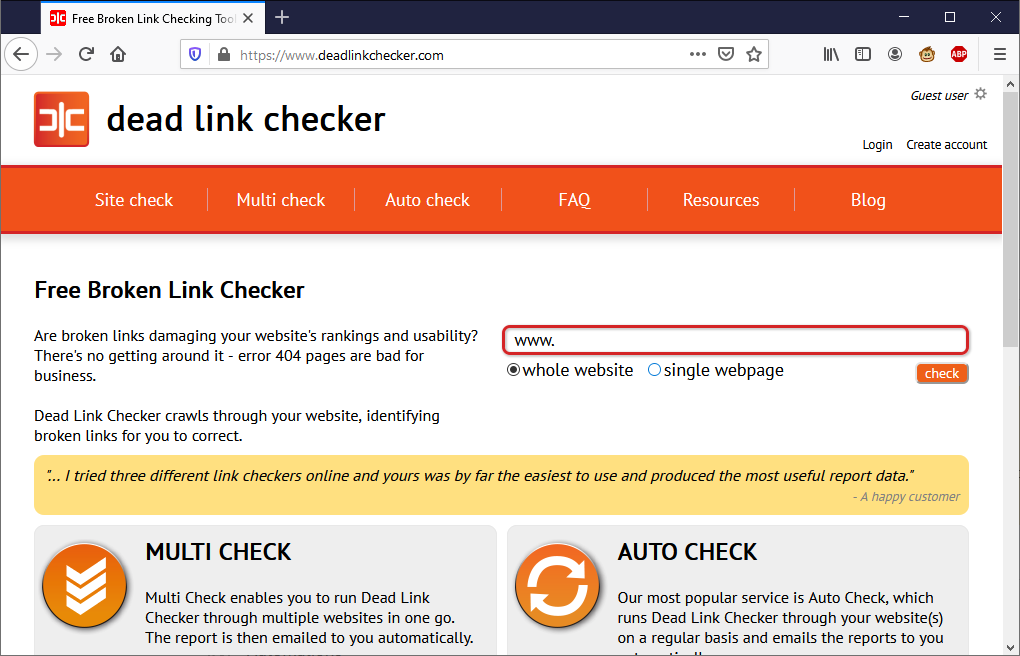
To ensure that you are not penalizing your web visitors by having broken links on your website, you should regularly check your website links. Broken links make it more difficult for web viewers to find what they are looking for, and can cause them to visit other websites. Furthermore, broken links can also affect your web host’s ranking, so it’s vital to regularly check website links and update them whenever necessary. In this article, we’ll look at the various ways you can check website links.
A website link count checker is the best way to get incoming, dofollow links. This way, search engines will follow the links that point to your website. Some website link count checker tools will even identify the anchor text used by the links on your website. Knowing how many links your web page has can help you improve the content of your website and increase your rankings. It’s also a good idea to use guest blogging to generate more traffic and boost your page’s search engine ranking.
You can also use a link checker to find out if a website is a scam or is legitimate. The URLVoid tool lets you input any suspect URL and receive a report on the site’s reputation. A few other features of the tool include URL history and black ticks. Another feature is the ability to check whether or not a website’s SSL certificate is valid. You can also use a service such as IPVoid or APIvoid to check whether a website has been blacklisted or not.